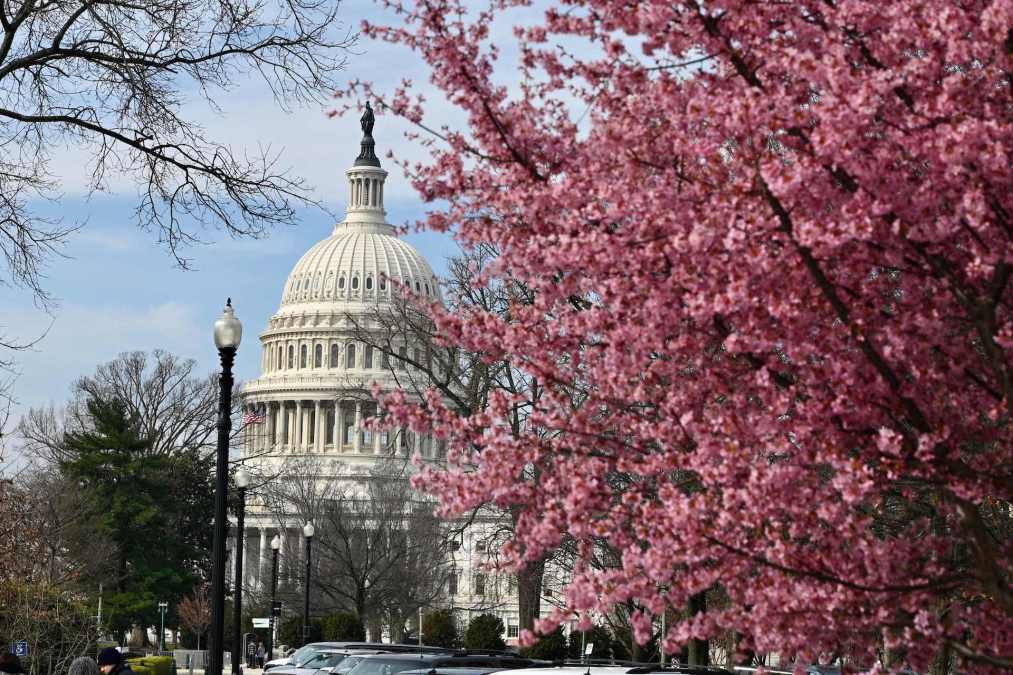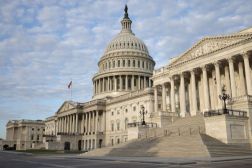TechCongress to place 120 more technologists with lawmakers

TechCongress plans to place about 120 early and mid-career technologists in key congressional offices to advise lawmakers on technology decisions critical to the success of cities.
The Knight Foundation invested $2.5 million in TechCongress’ Congressional Innovation Fellowship to embed data science, computer engineering and web design experts with the goal of having about 40 become full-time positions.
TechCongress began the effort in 2015 and has seen the Knight Foundation provide $3.9 million total in grants that sent 65 fellows to Congress, about 20 of whom were retained.
“There’s a real divide between what’s happening with our digital and online platforms and what leadership understands,” Lilian Coral, director of national strategy and technology innovation at the Knight Foundation, told FedScoop.
The fellowship launched, in part, because only seven out of about 3,500 congressional staffers had formal tech training in 2015.
TechCongress hopes about 40 of the 120 new fellows become full-time, bringing the number up to 60 in key offices it’s identified dealing with cybersecurity, IT modernization, tech antitrust, health care, and website issues.
Because TechCongress wants consensus around the technology solutions lawmakers support, it places diverse fellows in Republican and Democratic offices equally.
People may apply for the 2023 fellowship cohort starting June 7 through Aug. 10, 2022.
TechCongress also created a Congressional Digital Service Fellowship to help Congress transition to remote work during the height of the pandemic, and the body opted to make a House Digital Service permanent in January.
The hope is with 60 full-time technologists in key congressional advisory positions, that will become the standard, and TechCongress might move on to expanding the tech capacity of other government institutions like the judiciary.
“The idea is to create an overwhelming amount of expectations and norm-setting that the other [offices] will follow,” Coral said.




